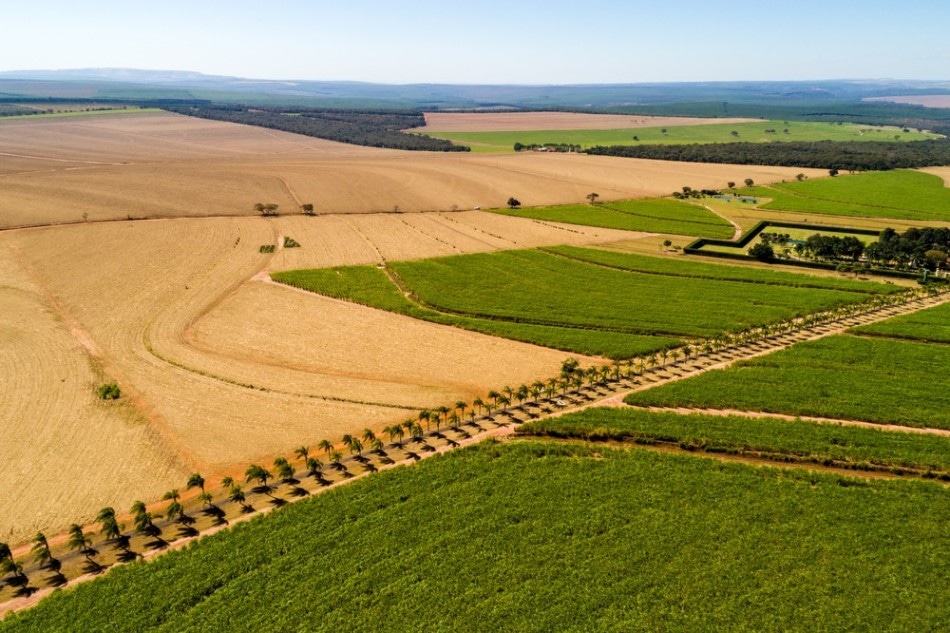Nov 27 2019
Researchers have given a new boost to a step toward a more sustainable bio-based economy, by successfully simplifying a process of converting waste materials into valuable chemicals.
 Image Credit: The University of Manchester
Image Credit: The University of Manchester
A collaborative study led by the United Kingdom and Brazil has demonstrated that waste wheat straw and sugarcane from agricultural processes can be directly converted into high-value chemicals with an increase in value of 5000-fold.
In contrast to fossil fuels, biofuels are renewable. There is no need to depend on crude oil, which is in limited supply. The cost of synthesizing biofuels is, however, now very challenging compared with that of fossil fuels.
This latest research is a significant advance toward producing high-value chemicals, like precursors for human therapeutic drugs and chemicals used in the food industry, directly from waste biomass in a single “one-pot” process. This increase in value can make the economics of biofuel generation from plant-based sources more workable.
At present, this agricultural by-product is burnt instead of being reused. The novel process offers alternative favorable pathways to fine chemicals that are now being obtained from petrochemical sources. The process also has the potential to add value to the technique of producing biofuels from plants, specifically from wheat straw and sugarcane that are abundant in the United Kingdom and Brazil, respectively.
The chemical building blocks are used to produce daily products such as fabric softener, air fresher, flavoring for foodstuffs, and life-saving medicines and new drug candidates under clinical development.
The article titled “Consolidated production of coniferol and other high-value aromatic alcohols directly from lignocellulosic biomass” was published in Green Chemistry by Dr Neil Dixon who led the study from the Manchester Institute of Biotechnology (MIB), The University of Manchester.
Sustainable production of fine chemicals and biofuels from renewable biomass offers a potential alternative to the continued use of finite geological oil reserves. However, in order to compete with current petrochemical refinery processes, alternative biorefinery processes must overcome significant costs and productivity barriers.
Dr Neil Dixon, Manchester Institute of Biotechnology (MIB), The University of Manchester
Dr Dixon added, “This new system represents a consolidated biodegradation-biotransformation strategy for the production of high value fine chemicals from waste plant biomass, offering the potential to minimise environmental waste and add value to agro-industrial residues.”
The international group of researchers has shown how the versatile chemical building block, coniferol, has been produced directly from dry plant matter biomass, for the first time. It is synthesized through biocatalytic treatment of the waste plant matter to emit and change ferulic acid into coniferol with high efficiency. The whole process carried out in a single vessel can be relatively cheap.
The step toward a circular bio-economy is being influenced by policy and regulation, which in turn is driven by concerns over environmental implications and limited petrochemical feedstocks. Yet, significant scientific and bioprocessing challenges should be met if alternative bio-based approaches are to become competitive with the current processes.
This study describes a consolidated biodegradation-biotransformation approach for the cost-effective synthesis of high-value chemical building blocks directly from low-value waste biomass, thereby providing the potential to decrease environmental waste and add value to agro-industrial wastes.
The research, which is part of a UK-Brazil 5-year program, was financially supported by the BBSRC and FAPESP in Brazil. The United Kingdom has an investment of over £2m in this project, which was granted to The University of Manchester, The University of Warwick, and UCL.